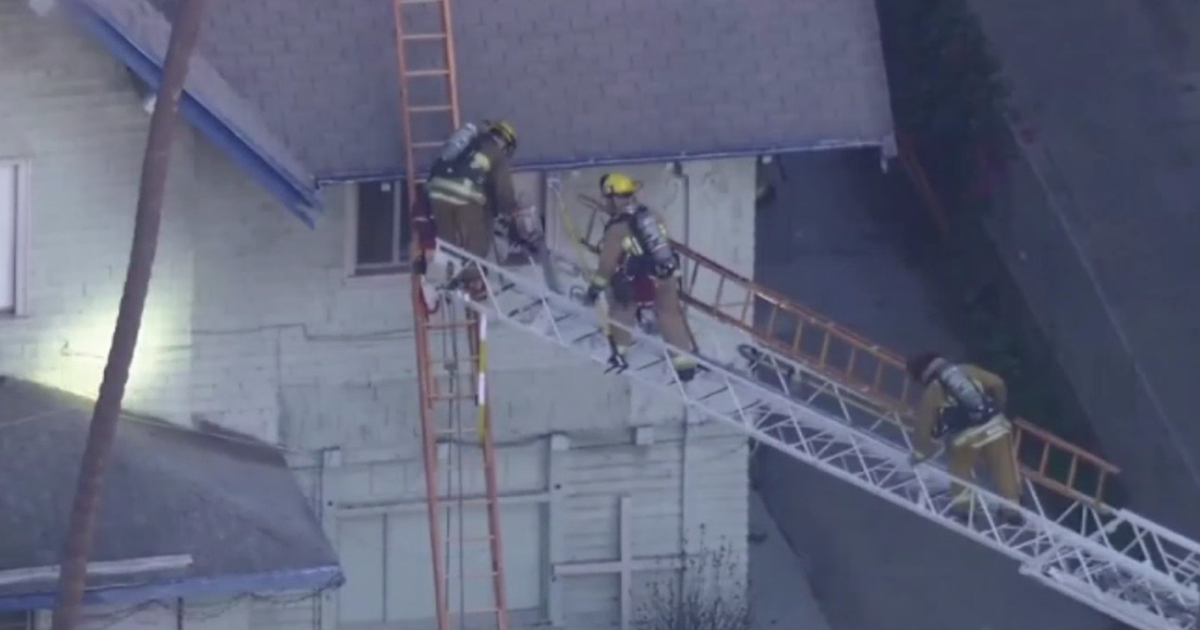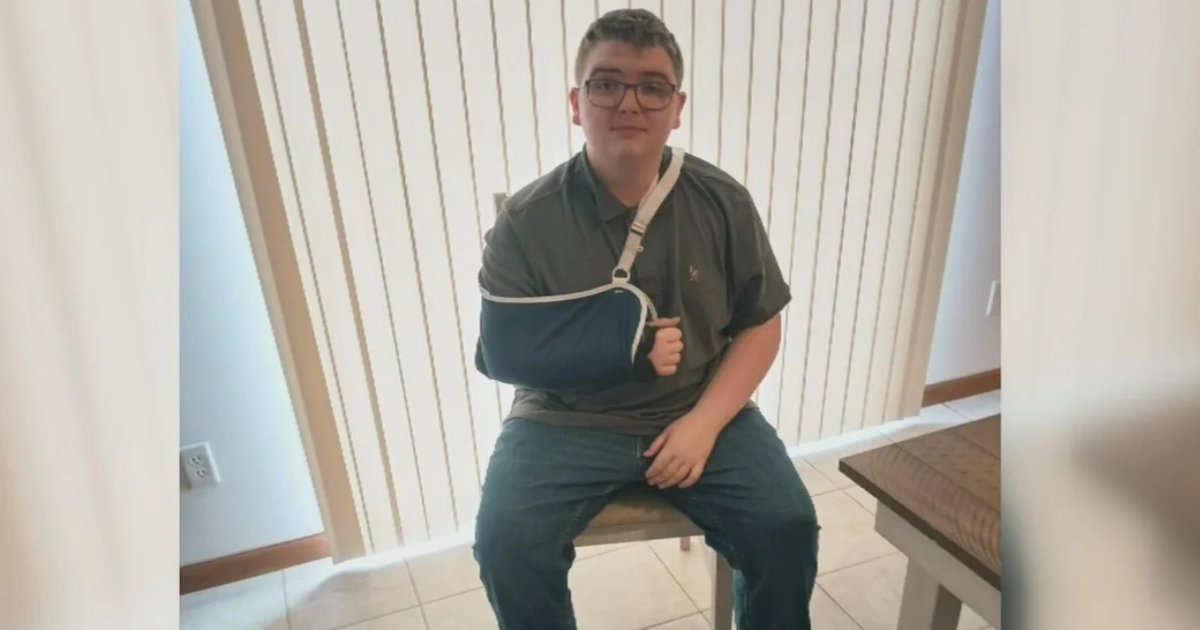American Heart Association Says Sleep Apnea Is Under Recognized & Undertreated
MIAMI (CBSMiami) – Millions of Americans suffer from sleep apnea. It affects up to 80% of people with cardiovascular disease, according to the American Heart Association. And yet, the AHA said, it is under recognized and undertreated.
Gilles Frydman has struggled with very high blood pressure for more than 15 years. It was a new diagnosis that finally helped him get his blood pressure in check. Sleep apnea, a condition that interrupts breathing during sleep.
"I was in denial, although I've been told for many, many years that I snore like a truck," Frydman said.
He said he was often very tired, "I would fall asleep almost every afternoon."
The American Heart Association is raising awareness about sleep apnea in patients with cardiovascular disease or risk factors.
"This is something that they should take seriously," according to Dr. Yerem Yeghiazarians with the University of California, San Francisco. "It can lead to a lot of cardiovascular complications," he said.
That includes high blood pressure, heart rhythm disorders and sudden cardiac death, stroke, coronary artery disease, heart attack, and diabetes, according to the American Heart Association. The AHA said screening for sleep apnea is critical.
"You don't have to go to a sleep center to get diagnosed. You can actually get a home sleep study done," said Dr. Yeghiazarians. "In addition to CPAP, which is still very helpful for some of the patients, we have alternative therapy. So, if patients don't want to wear a CPAP machine or they're intolerant of it, we can actually treat them appropriately with oral appliances."
Frydman who works for the American Sleep Apnea Association uses a CPAP.
"I'm never tired in the middle of the day anymore. I mean, I wish I could sleep without having a mask on all night. But since I can't, it really has a profound influence on my quality of life," he said.
Within a month of using the machine, his high blood pressure was under control and he's getting a good night's rest too.
Risk factors for sleep apnea include obesity, large neck circumference, smoking, family history and nighttime nasal congestion.







